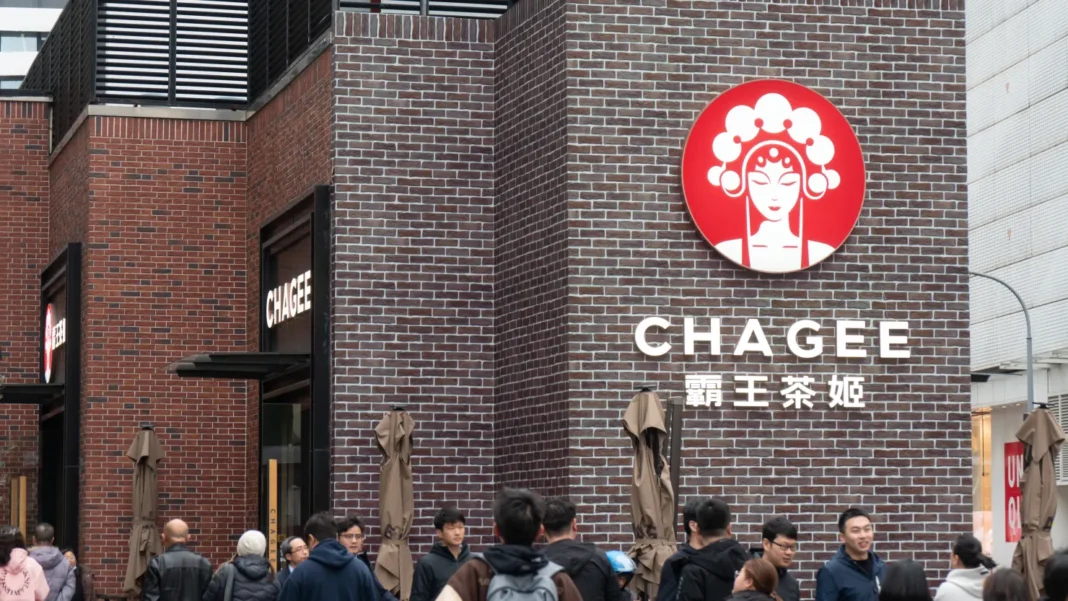Chinese tea chain Chagee filed for a U.S. initial public offering (IPO) on Tuesday, seeking to trade on the Nasdaq under the ticker “CHA.” The move marks a significant step for the company as it prepares to open its first U.S. store in Los Angeles this spring, at the Westfield Century City mall.
Since its founding in 2017, Chagee has rapidly expanded, with over 6,400 teahouses across China, Malaysia, Singapore, and Thailand as of December 31, according to a regulatory filing. The vast majority of its locations—approximately 97%—are in China.
In 2024, Chagee reported net income of $344.5 million, generated from a revenue of $1.7 billion. The company’s impressive financial performance comes as it seeks to capture a broader global market.
Founder and CEO Junjie Zhang created Chagee to modernize tea drinking, drawing inspiration from the success of international coffee companies. China is already Starbucks’ second-largest market, and Chagee aims to tap into this growing demand for premium beverages. Looking ahead, Chagee’s goal is ambitious: it wants to serve tea lovers in 100 countries, generate 300,000 jobs globally, and deliver 15 billion cups of freshly brewed tea each year.
However, Chagee’s U.S. IPO comes amid an increasingly challenging environment for Chinese companies seeking listings in the U.S. The number of Chinese companies listed on the three largest U.S. exchanges fell by 5% between January 2023 and January 2024, according to the U.S.-China Economic and Security Review Commission. As political tensions between the U.S. and China intensify, some companies have shifted their focus away from U.S. exchanges. For example, Shein, the Chinese e-commerce giant, now plans a London IPO after facing U.S. lawmakers’ opposition.
U.S. investors may also approach Chagee with caution, given the past troubles of Chinese companies in the beverage sector. Luckin Coffee, a competitor founded in 2017, went public on the Nasdaq in 2019. By then, it had surpassed Starbucks in the number of locations in China. However, in 2020, Luckin disclosed that it had inflated its sales figures, leading to its delisting from the Nasdaq. The company filed for Chapter 15 bankruptcy but emerged in 2022 after restructuring, without the executives responsible for the fraud. Despite its tumultuous past, Luckin has since overtaken Starbucks as China’s largest coffee retailer by sales.
Despite the challenges, Chagee’s leadership remains optimistic about its future prospects. If successful, the IPO will provide the company with capital to further its expansion and cement its position in the global tea market.






